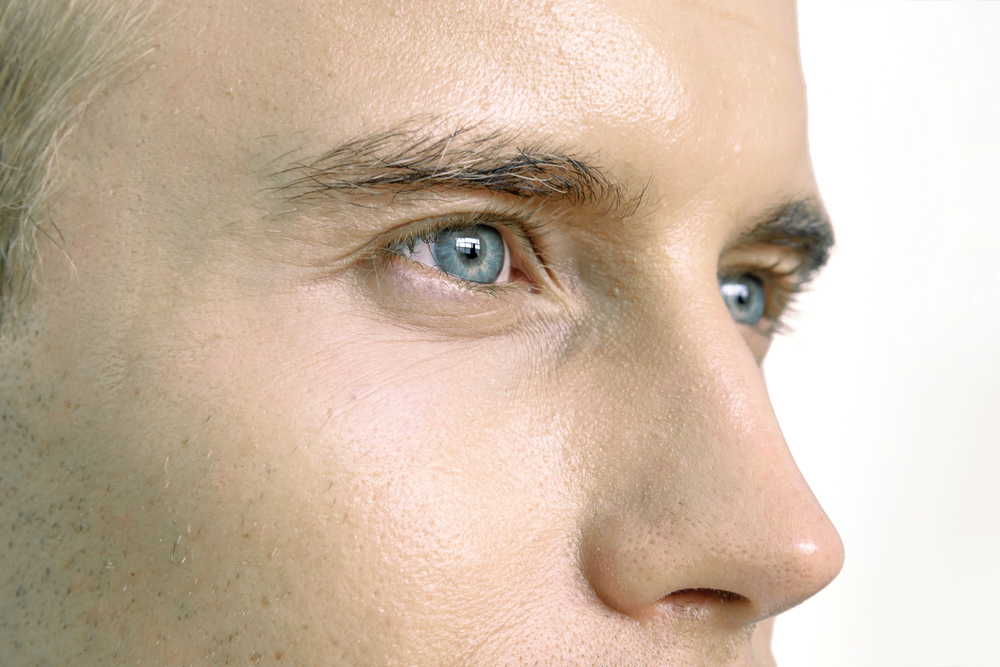
Getting vision correction surgery will mean you do not have to wear corrective lenses. LASIK is the most popular refractive eye surgery, but there are other options. Your eye doctor can examine your eyes and help you determine the best procedure for your condition.
Most people who get vision correction surgery attain 20/20 vision. Enhanced vision means you can perform most activities without glasses or contact lenses.
Vision Correction Surgery
Vision correction surgery is a safe and effective way to achieve clear vision. Most people can benefit from the procedure, but it is not for everyone. Your eye doctor will help you learn if you are a good candidate for surgery. LASIK has a good track record with few reported complications.
Some people experience eye dryness and mild visual issues after the procedure, but they are usually temporary. Most patients are pleased with the results that depend on the individual’s refractive error and other health factors.
What Refractive Surgery Involves
Vision correction procedures treat various refractive errors, including myopia, hyperopia, and astigmatism. When images are focused behind or in front of the retina instead of directly on it, the result is blurry vision. It occurs as a result of a poorly-shaped cornea. Reshaping the cornea through laser surgery can correct the vision.
There are various vision correction procedures, such as laser-assisted in situ keratomileusis (LASIK) and photorefractive keratectomy (PRK). The various techniques have their pros and cons.
During Vision Correction Surgery
Before the procedure, the surgeon will take measurements of the patient’s eye and check the eye’s health. Some patients require a mild sedative to ensure comfort during the procedure. When the patient is comfortable on the operating table, surgeons administer numbing eye drops.
Using a special cutting laser, they sculpt the cornea. The laser beam removes tiny bits of corneal tissue to flatten or steepen the cornea curve. During LASIK, the surgeon will create a tiny flap before reshaping the cornea. Some techniques do not require a flap.
Candidates for Refractive Surgery
Laser eye surgery is ideal for people with mild to moderate refractive errors. Good candidates for the procedure are:
Individuals with healthy eyes, without conditions that can cause further worsening of vision. These include glaucoma, cataracts, dry eye, and keratoconus.
Patients without eye inflammation, infections, injuries, or eyelid disorders.
Individuals with regular-sized pupils. Patients with large pupils can experience vision complications after surgery.
Healthy individuals who do not have immune disorders and other medical conditions that can increase the risk of surgery.
Individuals with stable vision. The best candidates are adults who do not require frequent changes in lens prescriptions.
If you are pregnant or breastfeeding, wait until your vision stabilizes before you schedule vision correction surgery.
Is Vision Correction Worth It?
Vision correction procedure has many benefits. You can enjoy clear vision without eyeglasses or contact lenses. You do not have to worry about updating your prescription or stocking up on contact lens care products. The procedure is permanent, and you do not require repeat procedures.
Most patients experience satisfaction after laser surgery. The vision may worsen with age, and you might need eyeglasses over time. Talk to your eye doctor about the risks and benefits of vision correction surgery.
For more information on vision correction procedures, visit Clarity Vision at our office in Williamston, North Carolina. Call (252) 792-2250 to schedule an appointment today.
















